The role of social enterprise in a pandemic
There is no doubt the pandemic has exposed health inequalities in Australia and other parts of the world.
Some of the most disappointing rhetoric during COVID-19 targeted Western Sydney with a narrative that specific populations such as people from CALD or low socioeconomic communities were behind the spread. It was a horrible slur, but not surprising.
The intentions of restrictions in some areas were good, given that we all want the same results of stopping the spread. But blaming the most vulnerable in our society only divides people and creates anxiety. What we need to realise is that we are all part of the system and once we start pointing the finger, we lose trust collaboration and influence.
We at Collective Leisure are committed to ensuring the most vulnerable in our communities have access to well-being and now is the time to engage them. The next decade in Australia presents some high profile sporting opportunities and a chance to improve access to sport for everyone.
Australia will host the Brisbane Olympic and Paralympic Games in 2032 and social enterprise will play a significant role in bringing opportunities, reducing inactivity and community health as people become more engaged in their own health and well-being.
Social enterprise will play a significant role in achieving these health outcomes using a systems approach.
In my first article at the start of the pandemic I penned Systems thinking critical to transforming the Australian Leisure industry post COVID-19. I put forward the case that as a sector we profess to be all about equity but who are we really reaching? Urging the leisure industry to not snap back to our previous arrangements of how we deliver services to communities simply wasn’t working, with systems leadership part of the solution.
In my second article Levelling the playing field in the health and wellness industry I articulated there have been long standing inequalities in society. Acknowledging that we all understand the health benefits of sport and activity but despite our best efforts we have failed to distribute these benefits fairly. Leaving those with the greatest health needs most excluded.
I proposed three concepts that if combined are a road map to developing inclusive healthy communities, leveling the playing field. Where we all work to benefit, not only ourselves but each other. These concepts being proportionate universalism, systems thinking and distributed leadership.

